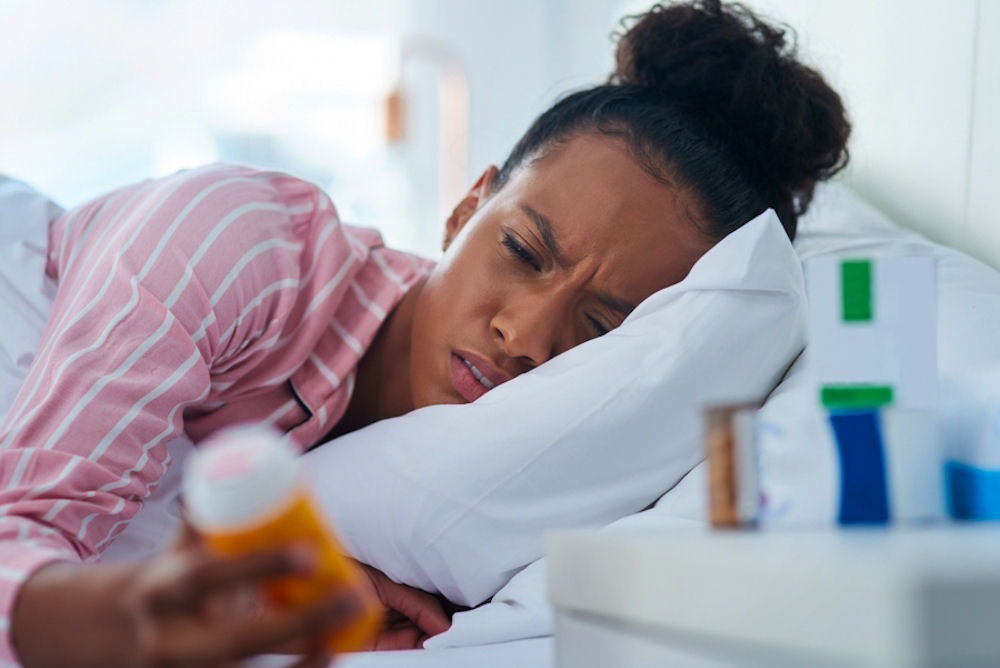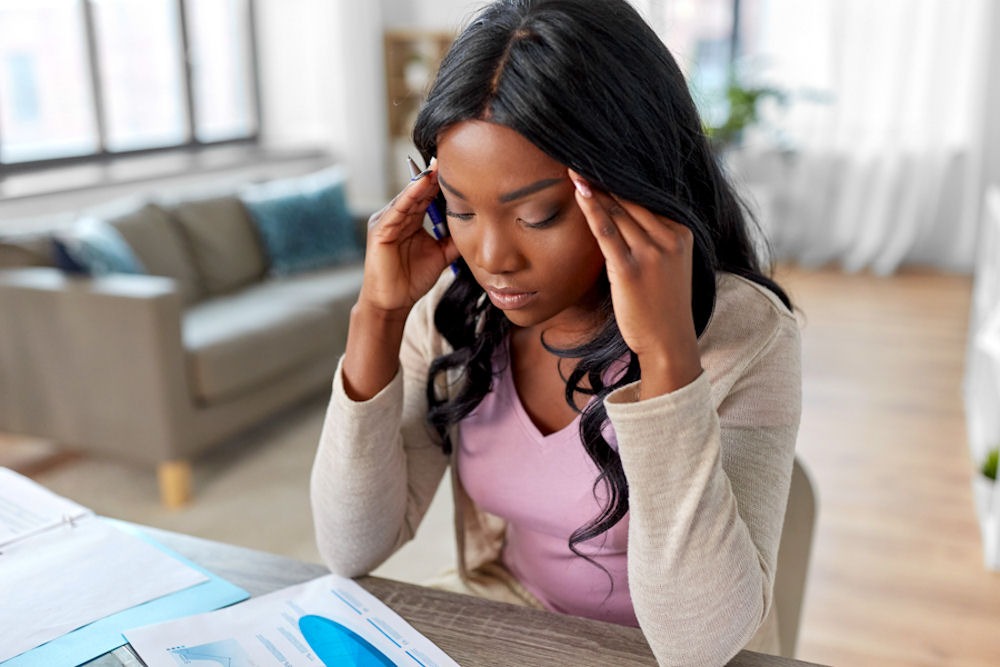Some people wonder, can Adderall help with anxiety? Everyone’s body reacts differently, so the effects may not be the same for each person. Adderall is mainly used to treat Attention-Deficit/Hyperactivity Disorder (ADHD). It helps people focus and stay calm when their minds feel busy or distracted. It’s also sometimes used for narcolepsy to help with daytime sleepiness.
However, Adderall wasn’t designed to help with anxiety – it often makes it worse. Doctors don’t usually prescribe it for anxiety or depression alone. If someone feels anxious, they should talk to a doctor before using Adderall. Using the wrong medication can make managing symptoms more difficult.
In rare cases, treating ADHD with Adderall may help reduce anxiety caused by distraction or restlessness. But this is not the same as treating anxiety directly. If anxiety is the main concern, other medications and therapies are often safer and more effective.
Wisconsin Recovery Institute helps people understand how to use Adderall safely. We also support those recovering from Adderall addiction. You are not alone. Many people have the same questions and concerns, and there are safe ways to get help.
How Adderall Works
Adderall is a stimulant medication. It changes the way certain brain chemicals work. It boosts dopamine and norepinephrine, which support focus, alertness, and energy. People who have attention deficit hyperactivity disorder often have less of the brain chemicals that help with attention and focus. Adderall helps bring them back to a healthy balance.

But for someone without ADHD, these changes can feel overwhelming. They may feel jittery, restless, or even more anxious. That’s why Adderall should only be used under a doctor’s care. The right dose and reason matter a lot.
Anxiety attacks can be intense and scary. Some people say they feel like they can’t catch their breath or think straight. Taking Adderall during an anxiety attack may make symptoms worse. It may cause your heart to beat faster, which can make panic feel worse.
Adderall can also make people feel more alert, which isn’t always helpful when they’re already anxious. If you frequently experience anxiety attacks, make sure to inform your doctor. Other treatments are designed to safely help with anxiety and may be a better fit for you.
Yes, Adderall can cause anxiety in some people. It affects brain chemicals that also control mood and stress. Even small doses can lead to nervousness, restlessness, or panic. This is more common for those who don’t have ADHD.
Some people also feel “on edge” or irritable after taking Adderall. These warning signs mean Adderall might not be a good fit for you. It’s important to listen to your body. If Adderall makes you feel worse, talk to a doctor right away.
If you’re asking this, you’re not alone. Many people wonder about using Adderall for anxiety. Sometimes, Adderall can mask anxiety at first. But later, it may make symptoms stronger or more frequent.
You might notice racing thoughts, a pounding heart, or trouble sleeping. These can all be signs of medication-related anxiety. The best way to know is by speaking with a medical professional. Don’t stop the medicine suddenly—get help first.
Managing Anxiety Caused by Adderall
Some people feel more anxious after taking Adderall. This can be scary and confusing, especially if you weren’t expecting it. The good news is, there are simple ways to manage these feelings.
- Talk to Your Doctor: Keep your doctor updated about any concerning symptoms. Your doctor might lower your dose or recommend a different medication if needed.
- Take It Exactly as Prescribed: Never take more than directed. Using Adderall incorrectly often makes anxiety worse and brings on other unwanted effects.
- Avoid Caffeine and Other Stimulants: Limit coffee, energy drinks, and certain teas, as they can worsen anxiety.
- Practice Deep Breathing and Relaxation: Simple breathing exercises can calm your body and mind. Even a few minutes can help.
- Take Breaks and Rest: Adderall can make your thoughts feel faster or more scattered. Taking short breaks and resting can help you stay grounded.
- Stay Hydrated and Eat Regularly: Low blood sugar or dehydration can feel like anxiety. Make sure you’re eating healthy foods and staying well hydrated each day.
- Get Enough Sleep: Poor sleep can make anxiety worse. Sticking to a regular bedtime helps your body get better rest.
- Stay Active: Light exercise, like walking or stretching, can reduce stress and help balance your mood.
FAQs About Adderall
Many people have questions about Adderall, and that’s completely normal. This medication can be helpful, but also confusing. Below, we answer some of the most common concerns in simple, clear terms.
Adderall may not be safe for people with heart issues, intense anxiety, or past addiction struggles. Pregnant women should also discuss risks with their doctor. Always share your full medical history before starting this medication.
Long-term Adderall use may affect heart health or mental well-being in some people. Misusing this medication can lead to dependence. Regular check-ins with your doctor help minimize risks.
Women may experience stronger side effects, like mood swings, due to hormonal differences. Some women notice Adderall doesn’t work as well during their period. Dosage adjustments may help manage these changes.
Yes, taking Adderall the wrong way, or without a prescription, can lead to prescription addiction. Misuse increases the risk of dependence. Always use it only as prescribed to stay safe.
Yes, Adderall may react badly with antidepressants, blood pressure pills, or even vitamins and herbs. Let your doctor know about everything you’re taking so they can help you avoid any risks. Mixing medications without guidance can be dangerous.
Depending on the individual, Adderall can remain in the body for about 24 to 72 hours. Its half-life is around 9 to 14 hours, but this varies by person and formula. Factors like metabolism, dose, and age affect how long it lasts. Drug tests may detect it during this window.
Never quit Adderall suddenly—taper off slowly with a doctor’s guidance. Stopping abruptly can cause withdrawal symptoms like fatigue and depression. Your doctor will create a safe plan for you.
Treatment for Adderall and Anxiety
Treating both Adderall use and anxiety takes care and balance. The right treatment starts with understanding each person’s needs and health history and may include coordinated care within inpatient drug rehab in Wisconsin. Doctors may adjust medications, provide anxiety-focused therapy, and recommend lifestyle changes to support healing and long-term stability.
Cognitive-behavioral therapy (CBT) is often helpful. It teaches skills to manage anxiety without relying on medication alone. Support groups, healthy routines, and stress-reducing habits also play a big role in recovery.

Treating Adderall Abuse and Anxiety as Co-Occurring Conditions
When someone struggles with Adderall misuse and anxiety at the same time, it’s called a co-occurring condition. These conditions often affect each other and need to be treated together. Ignoring one can make the other worse.
Treatment includes therapy, safe detox, and support from a team that understands both issues. True healing addresses your mind, body, and life circumstances. Proper treatment helps people regain their health and independence.
Get Help at Wisconsin Recovery Institute in Fond du Lac, WI

At Wisconsin Recovery Institute, we treat people with care, respect, and understanding. We help with Adderall misuse, anxiety, and other mental health struggles. Our programs are built around the person, not just the condition.
We use therapy, medication support, and life skills training to help people heal. We create personalized recovery plans that work long-term. We understand that people often wonder if Adderall helps with anxiety, and we’re here to give honest, thoughtful guidance
If you or someone you care about is struggling, we’re ready to listen and help. Start your recovery journey today—we’ll walk with you every step.

